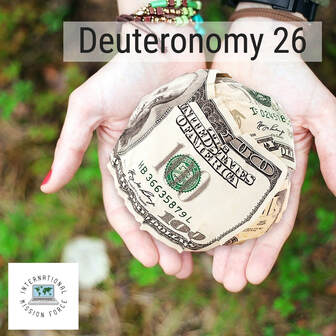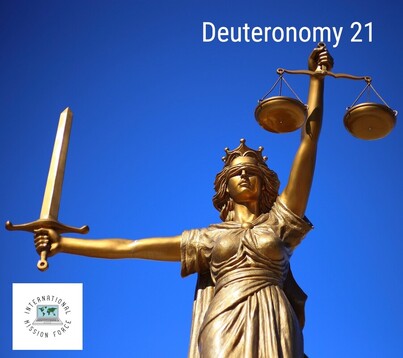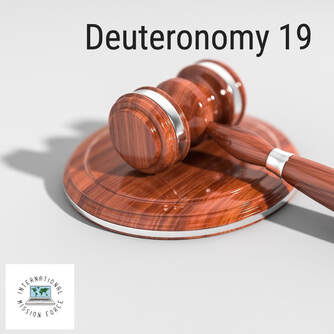
I often tend to view scripture in a very me-centered perspective. What is God teaching me? What does this promise mean for me? What does God want me to do? But the truth is, it isn't about me. I need to write that on my mirror so I see it every morning as a reminder that God's purposes are so much bigger than my narrow perspective.
This morning's chapter hit me between the eyes with that as it describes bringing in the tithe of produce and giving it to "the Levite, the foreigner, the fatherless and the widow." God's purpose in requiring the tithe is to provide for those in need.
According to Health Research Funding, "For Christian families making less than $20k per year, 8% of them gave at least 10% in tithing. For families making a minimum of $75k or more, the figure drops to just 1%." Even more sad, "37% of people who attend church every week and identify themselves as Evangelical don’t give any money to their church." Imagine if all those who say they are followers of God honored this command. Government welfare would be out of business for lack of demand. The church would be known for meeting needs and showing generosity to those in need.
Tithing can seem like an overwhelming amount if you haven't been giving anything or have just been giving $20 when you feel especially moved. But, as I've heard others say often, and we've seen proven over and over, you cannot out-give God.
Some will say we are no longer required to give a tithe, just as we are not bound by other aspects of the Mosaic law, because we are now under the grace of Christ. Tithing should not be about checking off a box and patting ourselves on the back for our righteousness. However, the purpose of meeting the needs of our neighbors continues. In fact, many of us should not stop at 10%. The same study quoted above also found that “77% of those who tithe give 11%–20% or more of their income, far more than the baseline of 10%.” The Gospel Coalition published an article “7 Reasons Christians are not Required to Tithe,” but it seems like many never read beyond the title to discover we are called to a much higher standard, to “give generously.”









 RSS Feed
RSS Feed